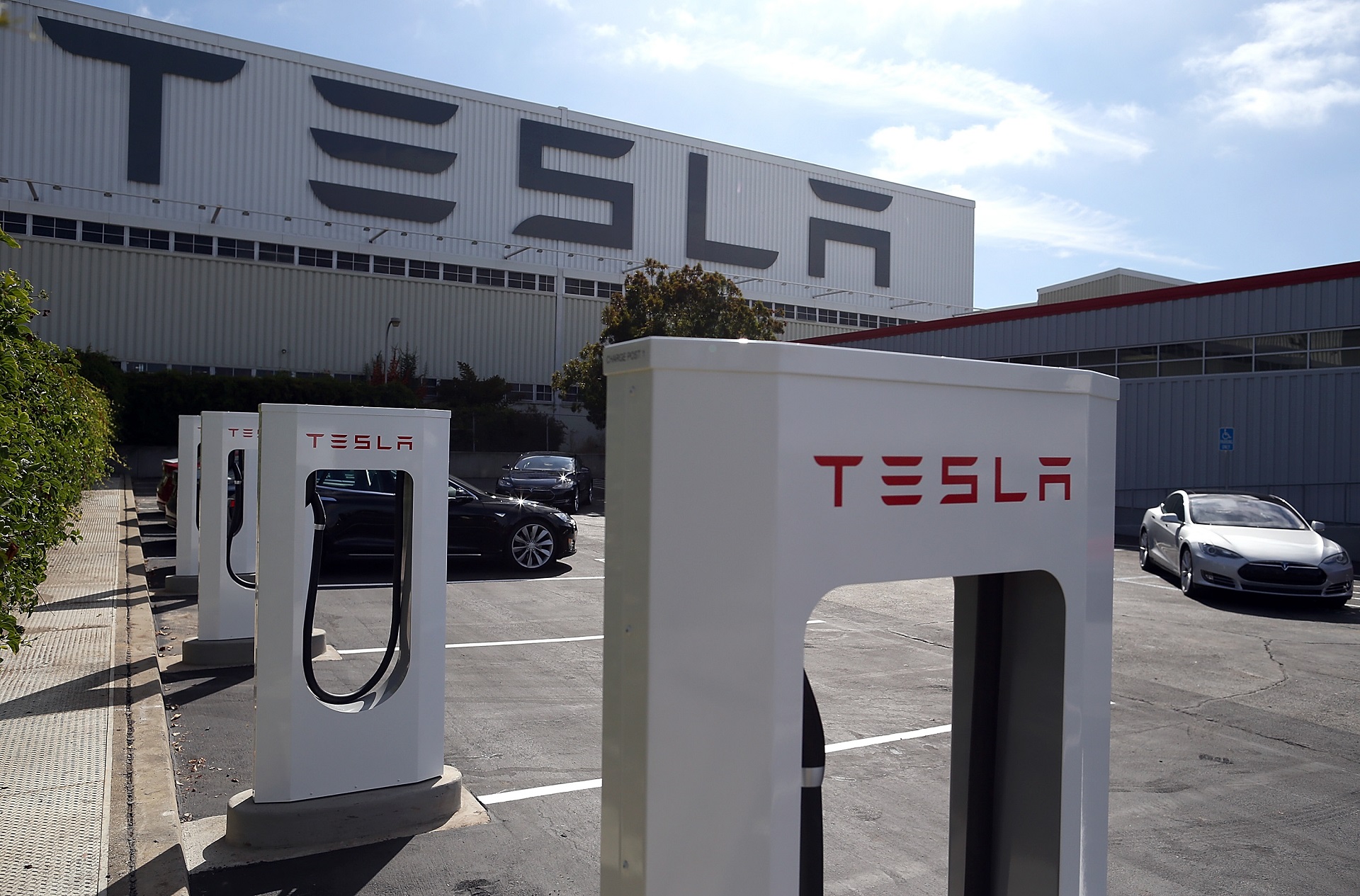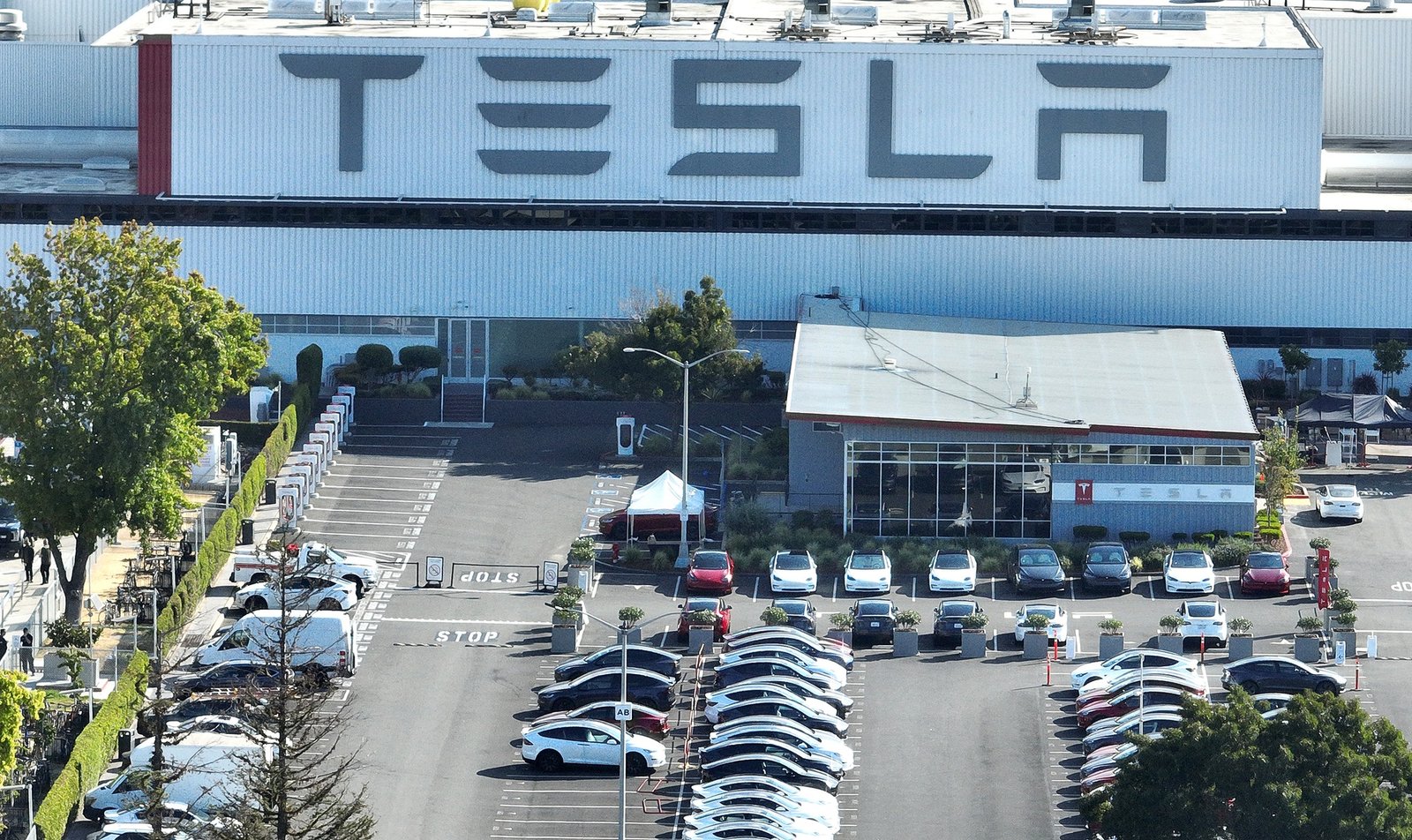“An infinitesimal number of the workers have testified,” Stanford Law School professor emeritus William Gould IV, a former National Labor Relations Board chairman, told KQED. Tesla “has superior resources, and plaintiffs need the class action to really get the defendant’s attention.”
The named plaintiff, former assembly line worker Marcus Vaughn, alleged that Black workers at the Fremont facility were subjected to a range of racist conduct, including slurs, graffiti and nooses hung at their workstations. Vaughn said that line workers and supervisors alike referred to him using a slur on a regular basis and that Tesla did not investigate after he complained in writing to the human resources department.
Instead, Vaughn said, Tesla fired him for “not having a positive attitude” six months after he started the job.

The ruling is a meaningful legal victory for Tesla, but the company still faces multiple lawsuits alleging pervasive race discrimination and other forms of worker mistreatment at its Fremont factory.
The U.S. Equal Employment Opportunity Commission, which enforces federal anti-discrimination laws, has also brought race discrimination claims against Tesla in federal court in California, and state regulators at the California Department of Fair Employment & Housing are suing in Alameda County Superior Court. The company has settled other race discrimination lawsuits involving individual plaintiffs.
In the wake of the class-action denial, plaintiffs’ lawyers said they intend to press on with a host of individual lawsuits. They’ve already filed more than 500 and plan to eventually file more than 900.
“Tesla has jumped out of the frying pan and into the fire with this decertification, because they are now facing hundreds of victims of race harassment seeking damages in their own suits,” wrote the plaintiffs’ co-lead counsel Bryan J. Schwartz.


Leave a Reply